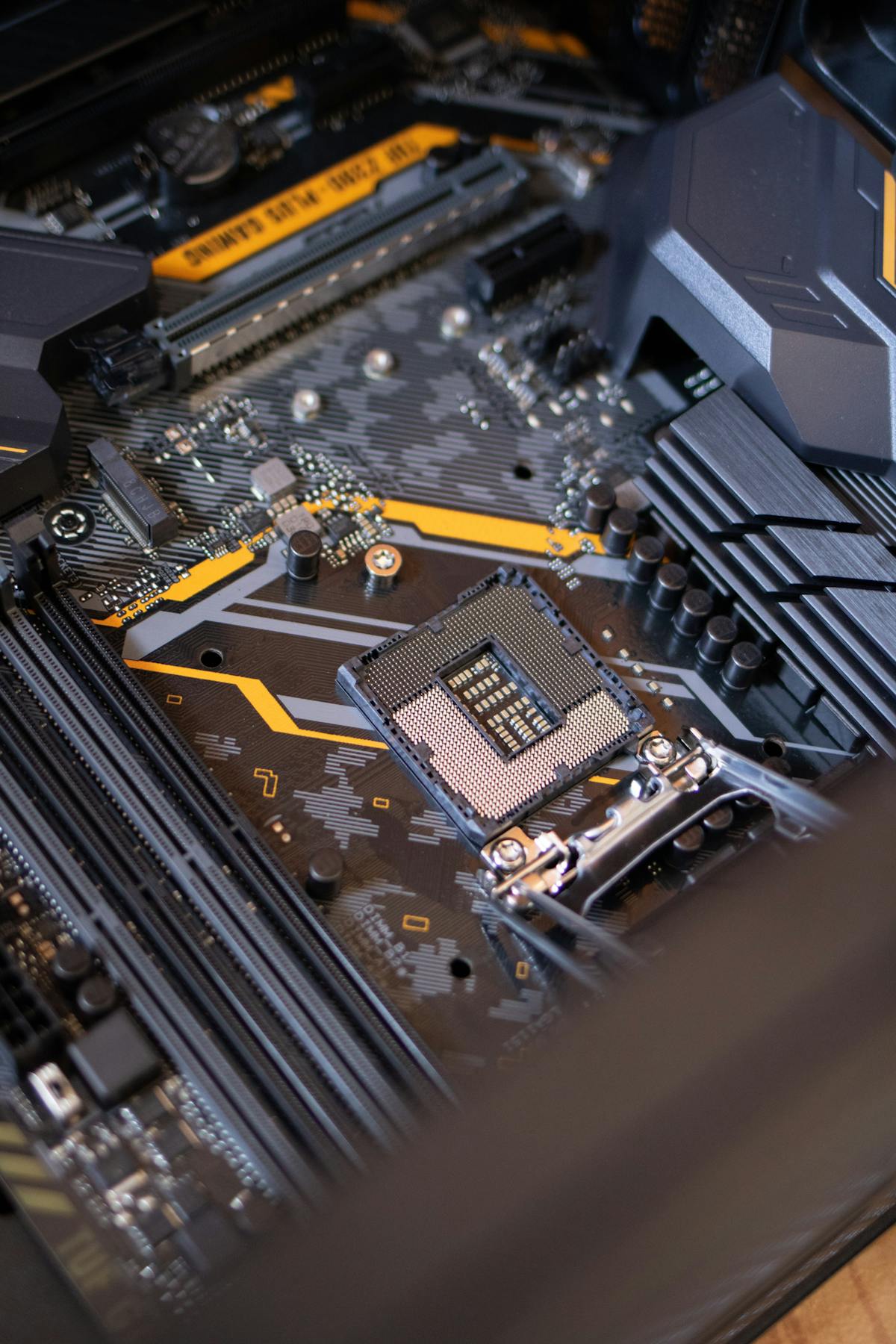
Samsung wants to build AI into every gadget they make, from phones to fridges to washing machines. Their annual AI conference is basically them showing off to researchers while figuring out how to compete with Google and Apple on AI without depending on OpenAI or Microsoft.
The chip advantage
Samsung makes their own processors, which means they can optimize AI performance at the hardware level instead of just running ChatGPT wrappers like everyone else. That's actually smart - while other companies are paying OpenAI billions for API access, Samsung can bake AI directly into their silicon.
Yoshua Bengio gave the keynote about "Scientist AI" - basically AI that tries to be factually correct instead of just telling you what you want to hear. Good fucking luck with that. Current language models are trained to be helpful and engaging, not necessarily truthful. Building truthful AI instead of pleasing AI is like making Google show you reality instead of what you want to see.
What they're actually working on
Using AI to design better chips (meta as hell), making smartphones that don't need cloud processing for AI features, and trying to get Bixby to stop being completely useless. Spoiler alert: Bixby still can't understand basic commands half the time. I asked it "set a 20 minute timer" last Tuesday and it opened Spotify and started playing K-pop. Classic Samsung.
The chip design stuff is genuinely interesting - AI designing AI chips creates a feedback loop that could accelerate hardware development. Assuming it doesn't create some recursive optimization nightmare that crashes everything.
The researcher awards went to professors working on AI security, time-series analysis, and robotics. Translation: Samsung wants secure AI that can predict when your appliances will break and robots that can fix them. Makes sense if you're trying to sell smart home ecosystems instead of just individual devices.
Samsung's betting they can make AI chips better than Nvidia while OpenAI and Google are focused on software. It's a decent strategy - everyone needs hardware eventually, and controlling the silicon gives them leverage other AI companies don't have. Plus Korean chaebol culture means they can actually coordinate across divisions instead of having internal teams compete against each other like American tech companies.
